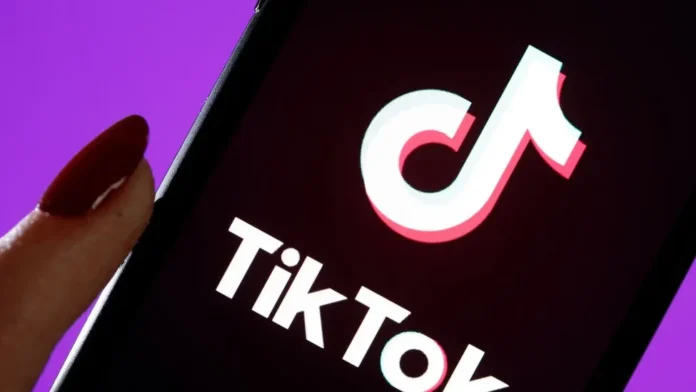The House of Representatives has passed a groundbreaking bill that could impact over 170 million American TikTok users. The bill would make it illegal to distribute or host TikTok in the U.S. unless ByteDance, the Chinese owner of TikTok, divests its interest in the app.
This bill marks the first time that a congressional bill has been passed to outlaw an internet app. Lawmakers are concerned that the Chinese government could use TikTok to access data on U.S. users or influence the app to serve China’s agenda.
Despite TikTok’s claims that the Chinese government has never pressured them to share data, the bill, known as the “Protecting Americans From Foreign Adversary Controlled Applications Act,” passed the House with bipartisan support by a vote of 352-65.
President Biden has indicated that he would sign the bill if it reaches his desk, despite his re-election campaign recently launching an account on TikTok. The legislation, if enacted, is expected to face legal challenges.
Chinese officials have stated their opposition to any forced sale of TikTok, highlighting the potential impact on investor confidence. ByteDance’s sale of TikTok ownership would require approval from the Chinese government.
The bill, introduced by Rep. Mike Gallagher and Rep. Raja Krishnamoorthi, would ban app stores and web hosting services from hosting any “foreign adversary controlled application.” It gives the U.S. president the authority to determine which apps controlled by hostile foreign governments should be subject to divestiture.
TikTok has mobilized its users to voice opposition to the bill, with some House members citing this as a reason to pass the legislation. The company has emphasized that it is not controlled by the Chinese government and that a change in ownership would not affect its operations.
In the Senate, there is uncertainty about whether the bill will be brought to a vote. Sen. Chuck Schumer has not committed to the bill, while Sen. Rand Paul has expressed concerns about its constitutionality.
Former President Donald Trump has weighed in on the issue, suggesting that a TikTok ban would benefit Facebook. Trump has raised concerns about TikTok’s Chinese ties and national security risks.
The future of TikTok in the U.S. remains uncertain, as legal challenges and political considerations continue to shape the debate around the popular app.

